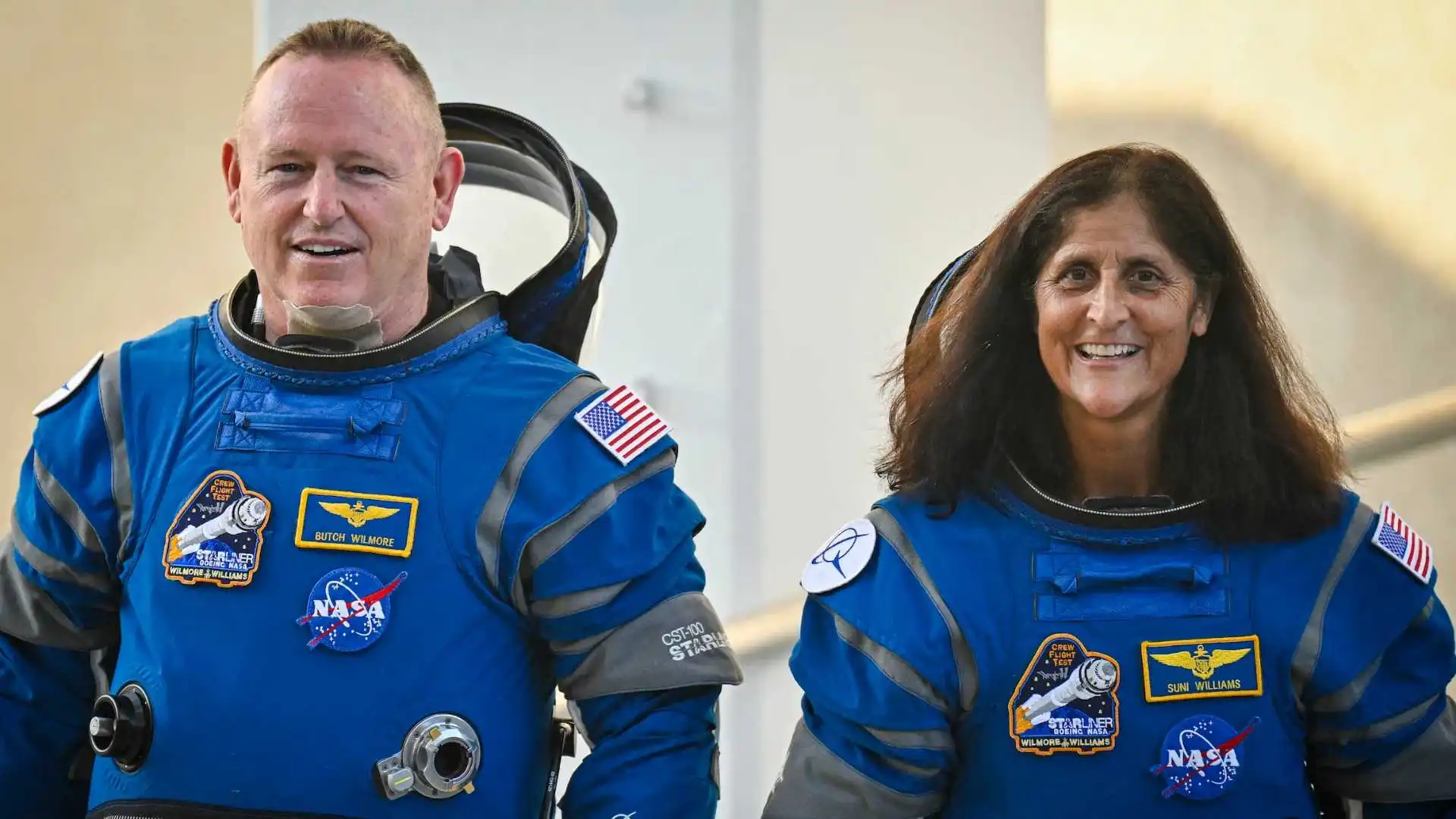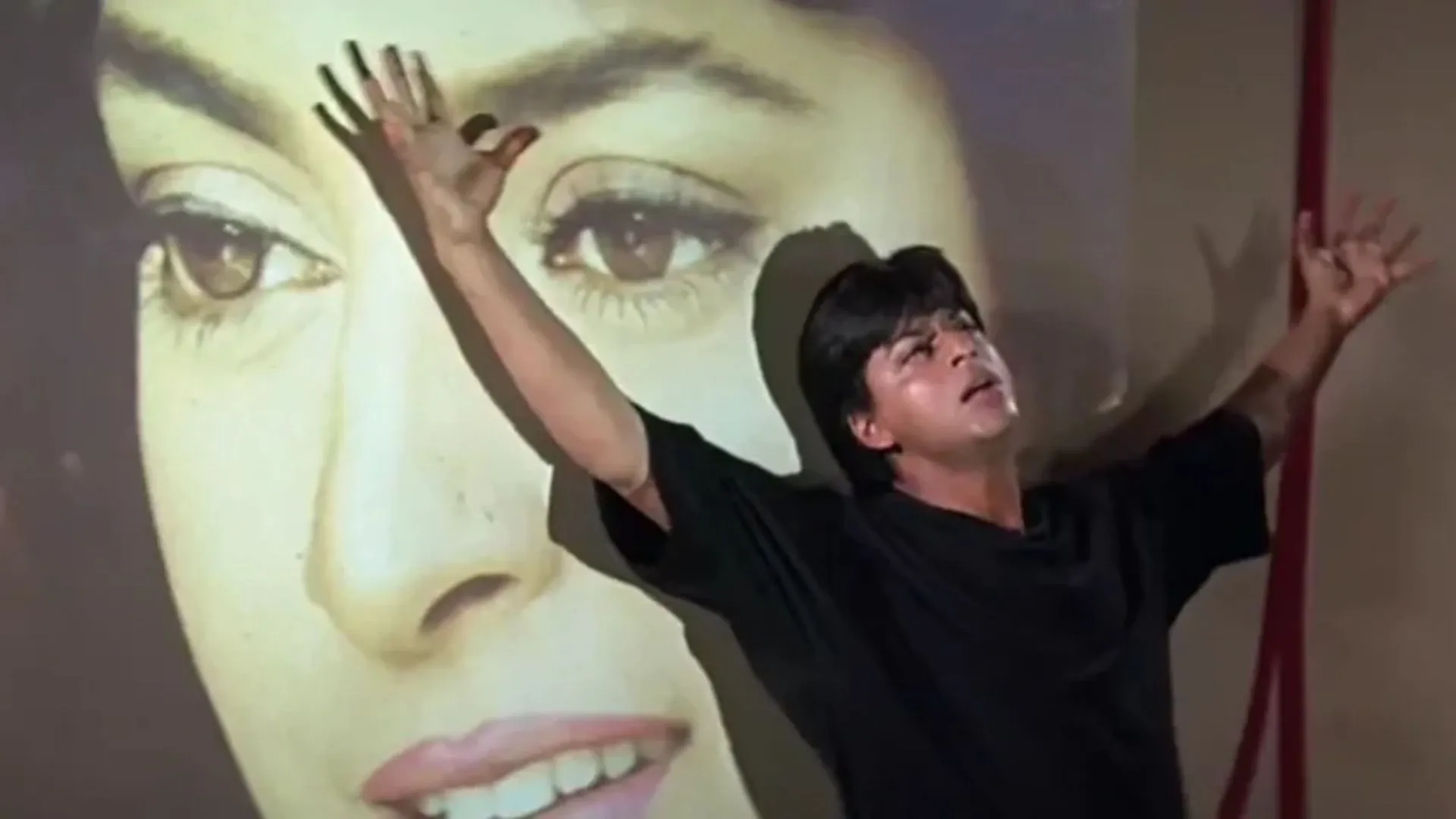NASA astronauts Sunita Williams and Butch Wilmore find themselves in an unexpected situation, stranded aboard the International Space Station (ISS) following technical difficulties with Boeing’s spacecraft. Initially scheduled for a brief mission, they are now expected to remain in space until February next year, when SpaceX is set to retrieve them.
Their extended stay comes at a pivotal moment, as the 2024 U.S. presidential election looms in November. Despite being miles away from Earth, both astronauts remain determined to exercise their democratic right to vote.
Voting from Space: A Well-Established Tradition
Since 1997, NASA astronauts have been casting their votes from space, ensuring they stay connected to American democracy while on mission. Using a secure and reliable process, electronic ballots are sent to and from the ISS. The ballots are transmitted to the astronauts, who then fill them out and send them back to Earth, where they are processed by the appropriate county clerk.
Reflecting on the voting process, Wilmore remarked, “I sent down my request for a ballot today… As a matter of fact, they should get it to us in a couple of weeks, and absolutely, yes, it’s a very important role that we all play as citizens.”
This system, established under Texas law, allows NASA astronauts to participate in elections even while they are in space, beginning with astronaut David Wolf, who was the first to vote from space while on the Mir Space Station.
The Challenge of Being Stranded in Space
The situation hasn’t been without its challenges. What was originally meant to be a short test mission has now stretched into months, with Williams and Wilmore staying aboard the ISS far longer than anticipated due to complications with Boeing’s Starliner spacecraft. Describing the experience, Wilmore shared, “It’s been quite a journey over the last three months. We’ve been involved in every step of assessing our spacecraft. And it was trying at times. There were some tough times all the way through.”
Despite the unexpected difficulties, the two astronauts have remained resilient. Williams, who is no stranger to space missions, described her time aboard the station as relatively manageable, adding, “This is my happy place. I love being up here in space.” Her experience with previous missions has allowed her to adapt more easily, while Wilmore expressed gratitude for the teamwork and dedication shown by Boeing and NASA.
Technical Glitches and the Road Ahead
Both Williams and Wilmore acknowledged the need for improvements with the Boeing Starliner. Wilmore noted that Boeing is committed to addressing the issues that have emerged during the mission, stating, “Boeing’s on board with that. We’re all on board with that.”
He continued to explain that these challenges are not uncommon when pushing the boundaries of space exploration. “When you push the edge of the envelope again and you do things with spacecraft that have never been done before, just like Starliner, you’re going to find some things,” Wilmore added.
The astronauts are set to remain on the ISS until February 2025 when SpaceX will take over the mission to bring them back to Earth. While their journey has taken unexpected turns, Williams and Wilmore remain focused on their mission and excited about the opportunity to continue working in space—an environment they both hold close to their hearts.






















